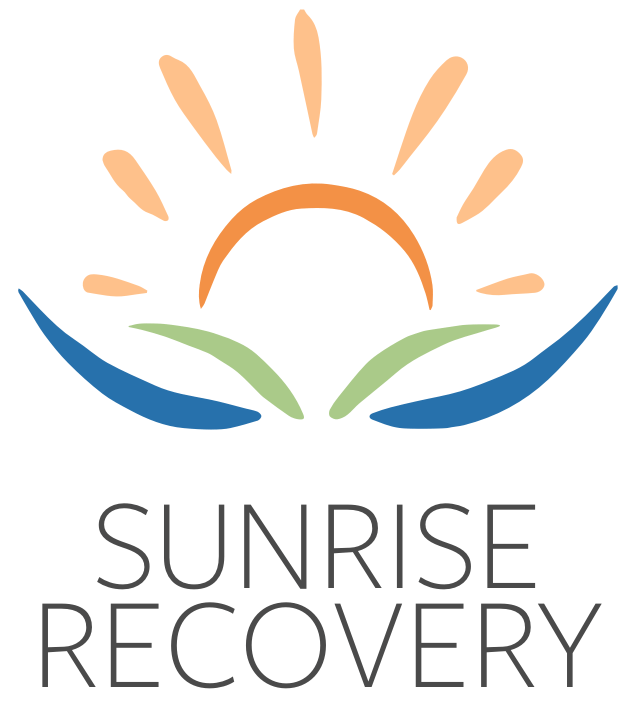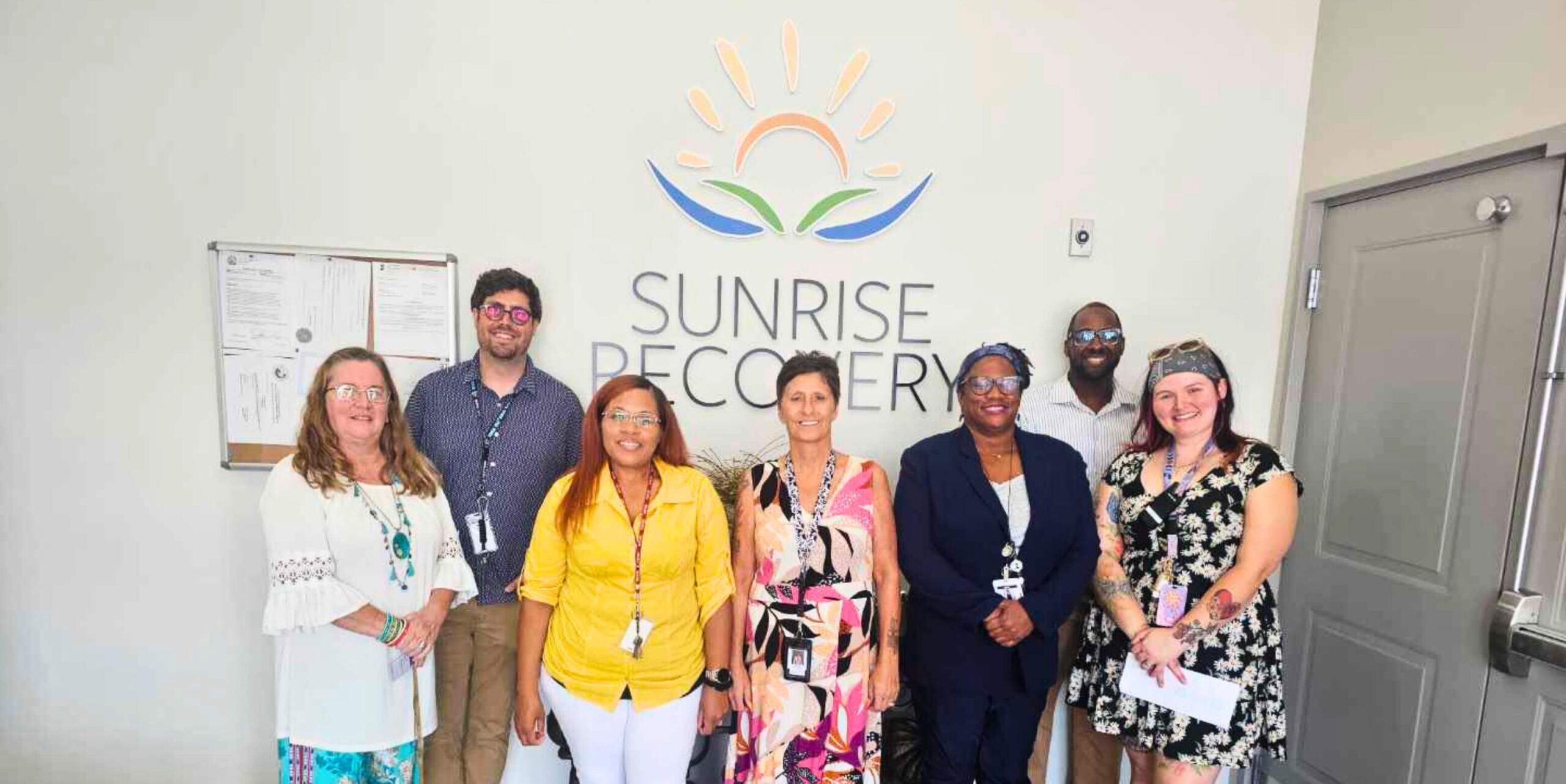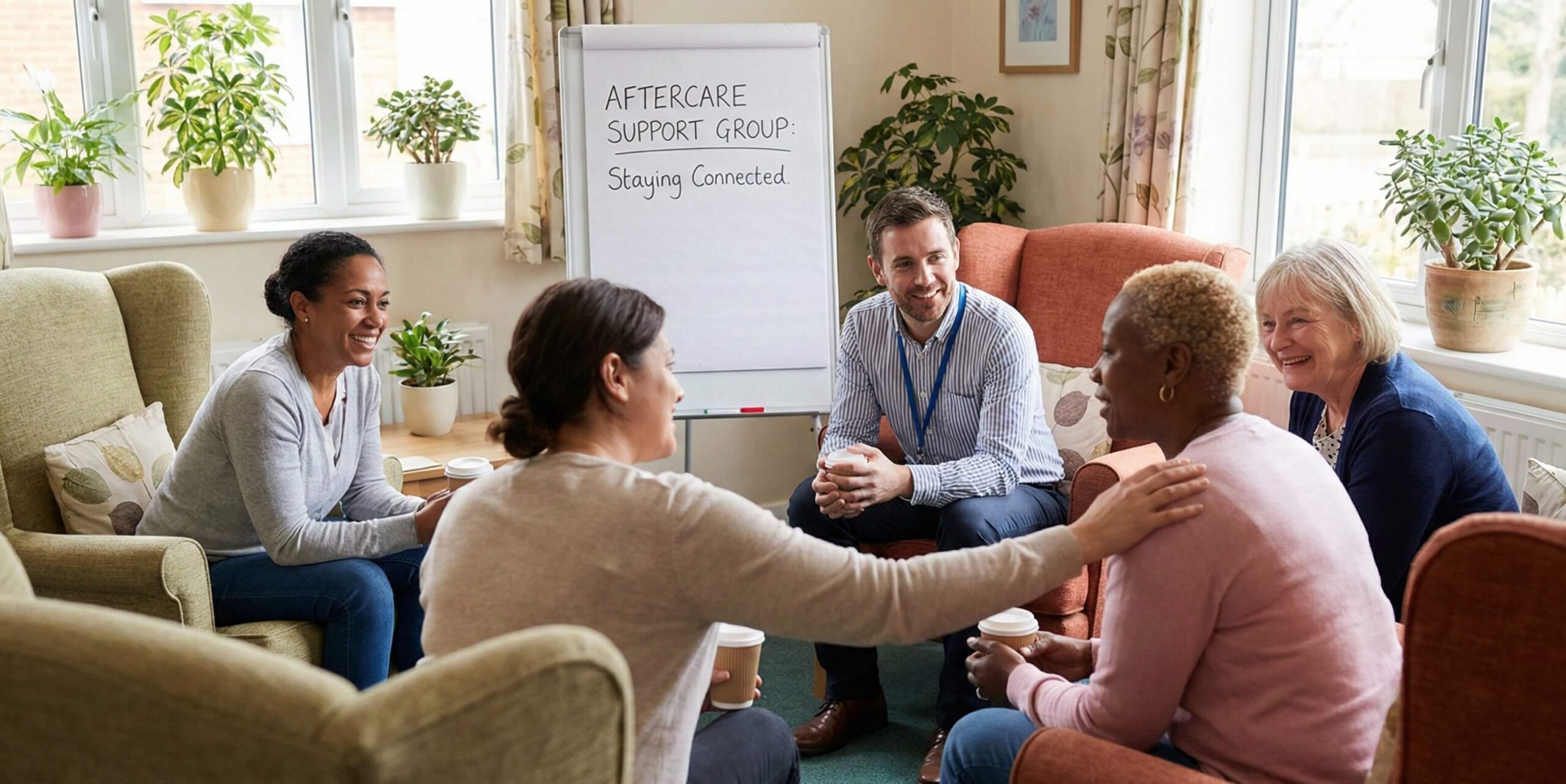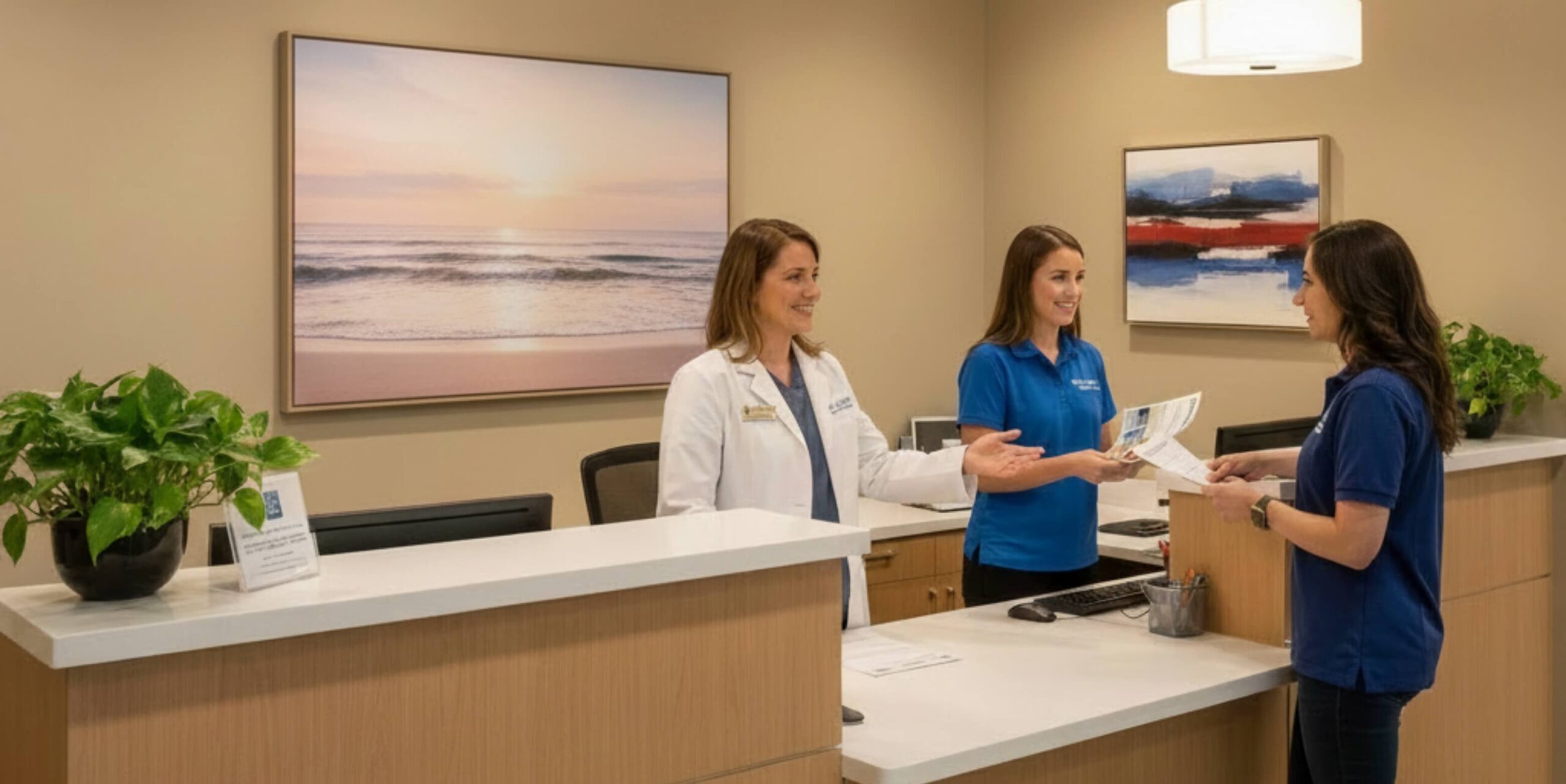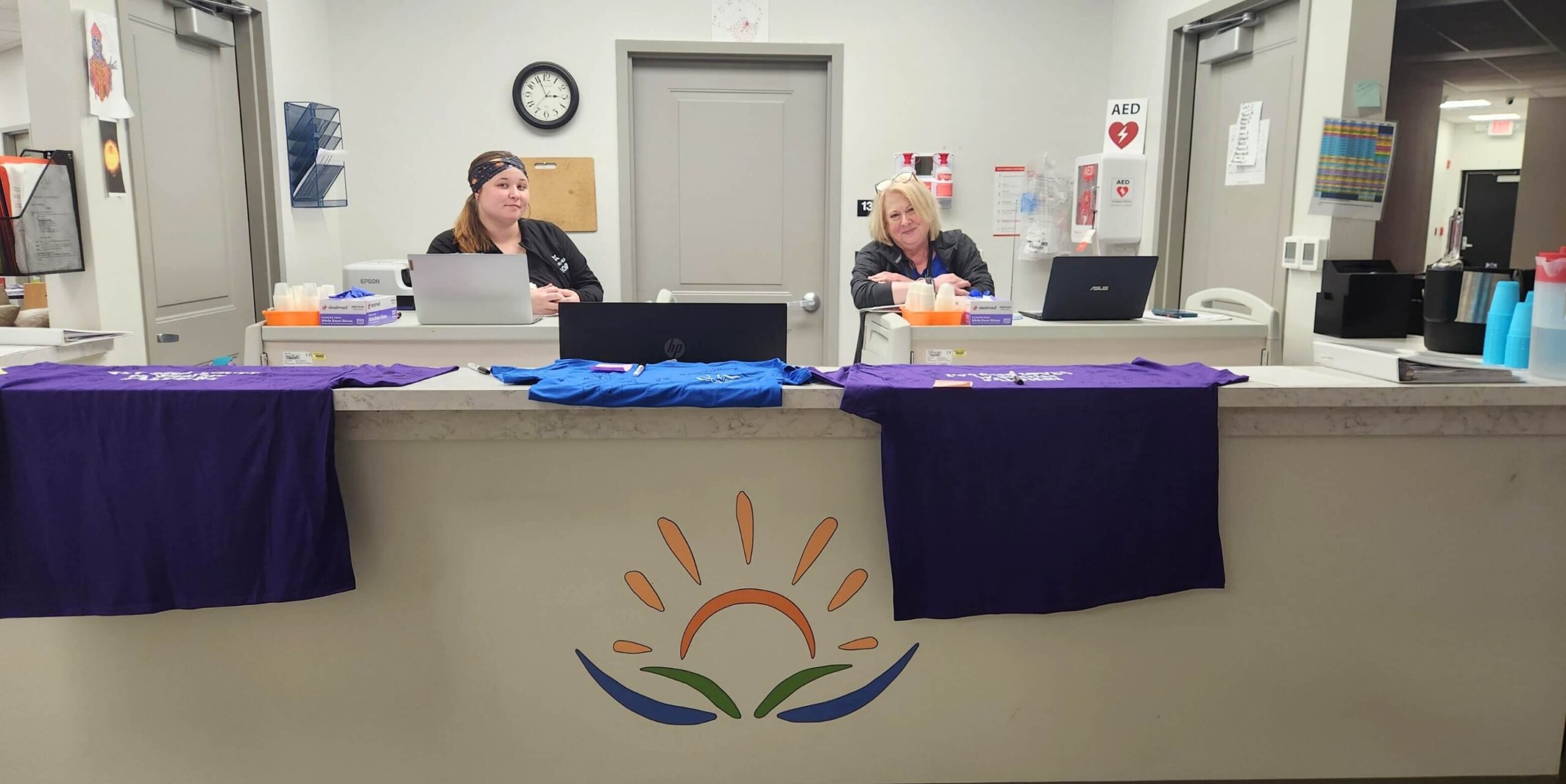Recovery is not a straight line, and the time after treatment often presents the most difficult hurdles. This is where peer support becomes a lifeline. It creates a system of shared connection and lived experience that helps people navigate life outside clinical environments. Peer support, in particular, has been shown to strengthen recovery by offering ongoing encouragement, shared tools, and a sense of belonging.
Research consistently shows that peer involvement has been shown to enhance recovery outcomes, especially when combined with structured treatment approaches. It offers a human bridge between medical services and real-life recovery. In this article, we will explore the many ways peer support helps people stay committed to recovery, including its emotional impact, practical function, and long-term benefits.
What Peer Support Really Means in Recovery
Understanding the Heart of Peer Connection
Peer support is a way of relating to someone through shared humanity and core commonalities, especially for those navigating addiction recovery. Unlike support from friends or family, peer relationships are grounded in lived experience, which fosters honesty and reliability. Peer support can provide emotional support as well as practical help, offering people the tools and emotional strength to handle daily recovery challenges.
Different Types of Peer Support Relationships
Some individuals connect with peer support workers who give encouragement and understanding, while others rely on informal peer circles or friendships made during group sessions. The level of formality varies, from licensed peer support roles to naturally formed relationships within recovery spaces. Each relationship, formal or not, provides value by meeting people where they are and helping them move forward.
The Role of Mutual Support Groups
The importance of support groups in recovery cannot be overstated, particularly those like AA, NA, or SMART Recovery that offer structure alongside peer connection. These groups balance routine with flexibility, allowing participants to engage in ways that feel authentic and helpful. Above all, peer support facilitates the sharing of success stories, giving people hope through real examples of progress.
How Peer Support Works After Treatment
Bridging the Gap Between Treatment and Real Life
The transition from structured care to everyday life often feels overwhelming. For many, outpatient treatment helps provide stability, but peer connections offer real-life insights and advice rooted in experience. When paired together, clinical care and peer support is a key aspect of addiction recovery, offering people tools to manage triggers, stress, and change.
Ongoing Accountability and Motivation
Recovery requires long-term commitment, and peer support fosters a sense of mutual responsibility that helps maintain it. Peers can often identify warning signs of relapse earlier than others and approach it with understanding rather than confrontation. This system of accountability offers motivation through kindness, not judgment.
Building New Social Networks
Isolation can be a major barrier to sustained recovery. Peer support creates spaces for individuals to feel less alone by introducing them to sober activities, shared interests, and long-lasting relationships. Through these new social circles, people in recovery gain confidence, structure, and joy without relying on substances.
The Practical Benefits of Peer Support
Emotional Benefits That Make a Real Difference
Many people report that peer support can improve people’s well-being. It reduces feelings of shame and helps them feel understood. Peers validate experiences and celebrate milestones in ways that build self-worth and support long-term recovery.
Parental Guidance of Daily Challenges
People navigating recovery often need help solving everyday problems, from transportation to dealing with cravings. In this context, they provide emotional support, practical advice, and a sense of community, helping each other tackle real-world obstacles. These kinds of peer interactions can even support individuals navigating early recovery steps, such as detox services.
Long-term Recovery Maintenance
Sustaining recovery requires consistent input, and the effectiveness of a peer support community in addiction recovery continues long after initial treatment ends. People receive steady support from peer networks when moving from intensive programs back into everyday life. The longevity and adaptability of peer support make it an important part of lifelong recovery.
Professional Peer Support Services
Trained Peer Support Specialists
In formal settings, specialist peer workers are trained to provide structured support while respecting professional boundaries. Their preparation includes understanding trauma-informed care, crisis response, and recovery ethics. Peer workers support individuals experiencing mental health challenges by offering both insight and emotional steadiness through recovery.
Integration with Clinical Treatment
Peer support complements clinical interventions by providing insight and encouragement from someone who has walked in a similar path. For example, individuals leaving inpatient residential treatment often benefit from peer relationships that ease the transition back into everyday life. These dual pathways can work side by side to increase long-term success.
Specialized Peer Support Programs
Some recovery journeys require focused care, especially for individuals with substance use disorders who also manage co-occurring conditions. In such cases, dual-diagnosis treatment combined with peer support can address both mental health and substance use needs. Programs designed for specific populations can create more targeted and effective peer relationships.
Building Strong Recovery Relationships
Finding Your Peer Support Network
Recovery communities come in many forms, and finding the right fit can take time. Attending different support groups or aftercare/continuing care services gives people a chance to explore connections and build trust at their own pace. Over time, these interactions become a stable source of hope and motivation.
Maintaining Boundaries While Building Connection
Healthy relationships in recovery require clear expectations. Understanding the difference between connection and codependence helps protect both parties from emotional strain. Peer support thrives when both sides respect the scope of the relationship and practice open communication.
Contributing to Others’ Recovery
People in recovery receive help and give back as equal parts of being in a support network. Many peers learn how to bring together and facilitate support and encouragement as part of their own growth. Sponsorships, mentorships, and volunteer opportunities offer ways to help others and reinforce personal progress.
Sunrise Recovery’s Peer Support Services
Comprehensive Peer Support Approach
At Sunrise Recovery, peer support is integrated into every stage of treatment. From the moment a person enters a program, they are met with real-life guidance and emotional grounding from those with lived experience. This approach reflects the reality that people provide knowledge, experience, emotional, social, or practical help to each other, and that help matters.
Sober Social Activities and Community Building
Recovery is easier when people feel engaged and socially connected. That’s why Sunrise facilitates group events, skill-building workshops, and sober recreation. These activities offer connection, understanding, and hope in ways that feel genuine and empowering.
Individualized Support and Connection
Everyone’s recovery is different. At Sunrise, peer support includes personalized check-ins and goal planning that respond to real-life needs. This kind of approach reflects how peer support workers give encouragement and understanding, while also helping people navigate challenges unique to their path.
Final Thoughts
Peer support is one of the most human elements in recovery, as it’s rooted in connection, shared experience, and resilience. The benefits of peer support groups in the treatment of addiction are evident across emotional, practical, and social dimensions. This kind of support helps people who are just starting recovery and those who have been on the journey for years.
If you’re navigating recovery or seeking a more sustainable path, consider engaging with a peer support network or asking about programs near you. For those in Indiana, resources are available that combine peer connection with professional care, including services for mental health and substance use.
What kind of support has made the biggest difference in your recovery?
Frequently Asked Questions (FAQs)
How soon after treatment should I start connecting with peer support groups?
You can begin attending peer support groups as soon as you feel ready, even during the early stages of outpatient or aftercare programs. Many people find it helpful to build connections while still receiving professional support. Talk to your provider about finding the right time and setting.
What’s the difference between peer support and regular therapy or counseling?
Peer support is based on shared experience, while therapy is led by licensed professionals. Both offer value, but peer relationships often feel more informal and relatable. They work best when paired together.
Does Sunrise Recovery offer peer support services for people with dual-diagnosis conditions?
Yes, Sunrise Recovery includes peer support options designed for individuals managing both mental health and substance use challenges. These services are part of a broader treatment plan. Peer workers may have similar lived experiences, which strengthens the connection.
How do I know if Sunrise Recovery’s peer support services are right for me?
If you value learning from others who have walked the same path, peer support may be helpful. Sunrise can guide you through available programs based on your goals and preferences. An initial consultation can help you decide.
Can family members participate in peer support activities at Sunrise Recovery?
While peer support is typically for individuals in recovery, Sunrise also offers family engagement opportunities. These may include education sessions, group meetings, and support planning. Ask a staff member to learn more about family-involved options.


